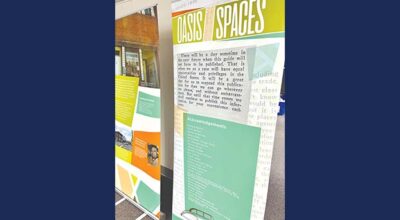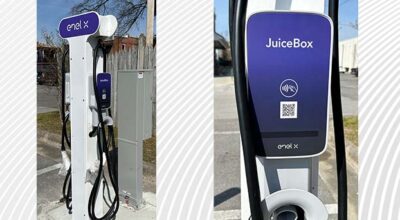City targets ‘FOG’ problem
Published 7:53 pm Monday, March 4, 2013
Washington is trying to avoid a FOG problem.
No, not the low-hanging mist, but fats, oils and grease, collectively known by the acronym FOG.
The city is sending out pamphlets that provide information on how to prevent FOG problems.
Many providers of sewer service, mostly local governments, attribute the cause of 90 percent of backed up sewers to blockages caused by fats, oils and grease, according to the pamphlet.
In Washington, half the calls the city receives concerning clogged sewer lines are FOG related, said Allen Lewis, the city’s public works director. Most of the remaining clogs are caused by “unmentionable” items such as disposable diapers and feminine-hygiene products.
About once a week, Lewis said, city workers check the sewer lines where several restaurants are concentrated, such as the area around the intersection of West 15th Street and Carolina Avenue, to make sure sewer lines don’t get clogged with fats, oils and grease.
The problem with fats, oils and grease is they cool after being dumped into a sink or toilet. Over a period of time this accumulation can reduce a pipe’s width to the point the pipe cannot carry the wastewater being dumped into it. When that occurs, pipes and manholes start to overflow, dumping raw sewage into homes, yards, storm drains and streets. Such overflows harm the environment, damage property and create health hazards.
The fats, oils and grease going into sinks or toilets often are byproducts of cooking. They are found in food scraps, meat fats, sauces, cooking oil, butter, margarine and dairy products.
While the city has a grease-trap requirement for commercial establishments such as restaurants, it does not have such a policy for its residential sewer customers. Although there is no grease-trap requirement for residential customers, there are limits on the amount of fats, oil and grease that can be put into the sewer system. The limit is 100 milligrams per liter, which is equivalent to 1 pound of fat, oil or grease for every 10,000 gallons of wastewater.
To help prevent fats, oil and grease from entering the sewer system, never pour them into sink drains or toilets.
The city suggests using a “dry” cleanup method: scraping pots, pans and other utensils with a paper towel or rubber spatula into a can or garbage can for disposal. Solid-waste disposal can accommodate 10 percent liquid, so these scrapings, along with gravies and other sauces, can be sent to the garbage can.
Anyone with questions about disposal of fats, oils and grease should call the city’s water-resources division at 975-9371.






